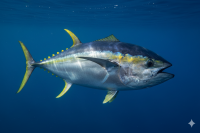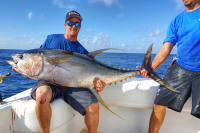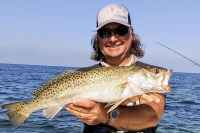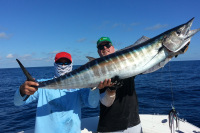In a significant shift, the U.S. government has renamed the Gulf of Mexico to the Gulf of America for official use within its jurisdiction. However, anglers should note that this administrative change has no impact on existing fishing regulations - all federal and state rules, including catch limits and licensing requirements, remain fully in effect.
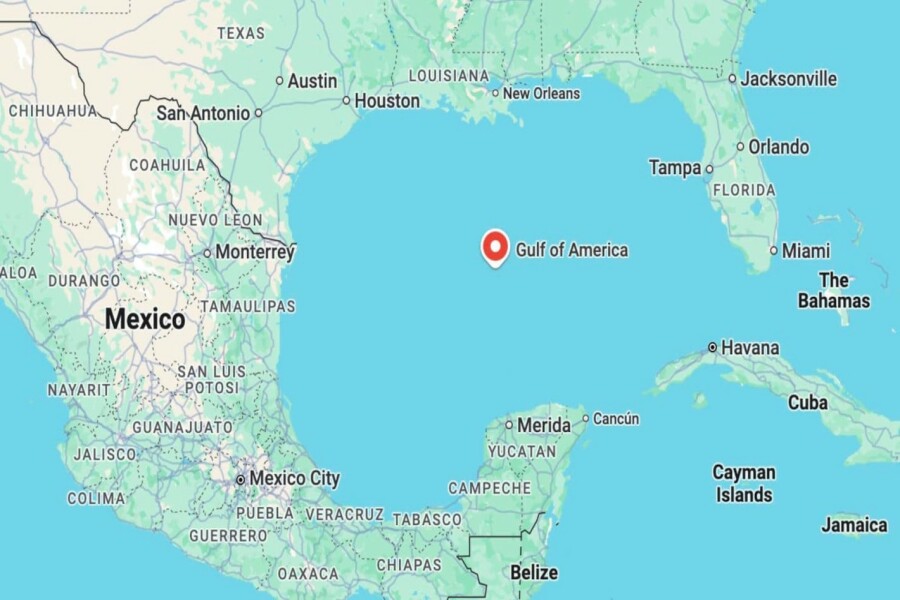
Understanding Fishing Regulations in the Gulf of America (Formerly Gulf of Mexico): A 2025 Guide
Recent changes in nomenclature have caused some confusion among the fishing community, but the fundamentals remain unchanged. While the body of water previously known as the Gulf of Mexico has been redesignated as the Gulf of America for U.S. governmental purposes through a January 2025 executive order, all existing fishing regulations continue to apply with their full force and effect.
This is of course a bit of a joke, Nothing Has Changed due to the new name, but since the announcement originated with LDWF, I thought I would echo their parody sentiment.
The notion that a name change would invalidate longstanding fishing regulations might seem amusing to experienced anglers, but it's worth addressing directly: federal and state fishing regulations remain exactly as they were before the redesignation. These regulations stem from carefully crafted legislation and scientific management practices that exist independently of the water body's name.
Federal regulations continue to govern waters from nine nautical miles offshore (three nautical miles for Texas and western Florida) to the extent of the U.S. Exclusive Economic Zone. The National Marine Fisheries Service still oversees these waters, maintaining the same catch limits, seasonal restrictions, and licensing requirements that were in place before the name change. For instance, the red snapper season, bag limits, and size restrictions remain unaltered - changing the gulf's name doesn't change the biological needs of the fish populations or the conservation principles behind these rules.
State regulations likewise persist unchanged. Each Gulf state - Texas, Louisiana, Mississippi, Alabama, and Florida - maintains its original authority over inshore waters and continues to enforce its specific regulations. Florida's snook regulations, Texas's redfish limits, and Louisiana's crabbing requirements all remain in effect, regardless of what we call the body of water these species inhabit.
The bottom line is clear: while maps and official documents may now display "Gulf of America" within U.S. jurisdictions, the comprehensive system of fishing regulations developed over decades to protect marine resources remains fully in effect. Anglers should continue to follow all existing regulations, check current seasons and limits before fishing, and maintain required licenses and permits.
Login
to leave a review.
User Reviews
There are no reviews yet.Complete Dredge Pulley Setup Guide
Saltwater
12.28.2020
High Speed Wahoo Trolling Rig
Saltwater
09.07.2018
Best Bait for Wahoo
Saltwater
12.30.2023
Pinfish - A Comprehensive Guide
Saltwater
11.10.2023
0



